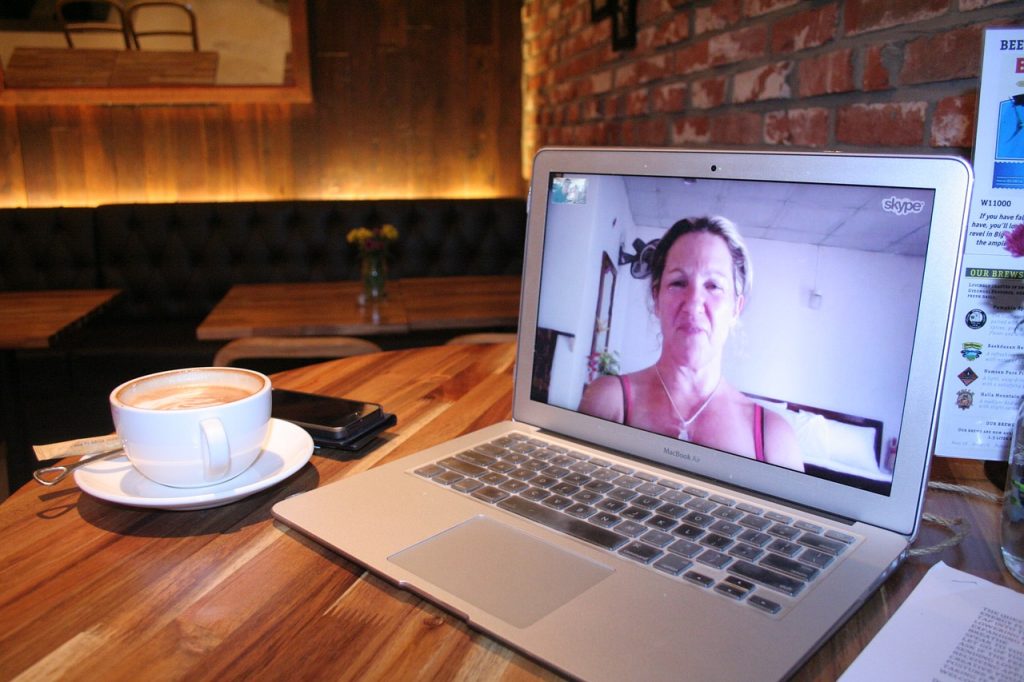- Go for an all day walk
- Have a forest day
- Learn about wildflowers
- Build a treehouse or a den
- Visit a farm
- Plant a butterfly garden
- Grow your own salad
- Play giant pick up sticks
- Race snails
- Visit a local or county agricultural show
Author: admin
Top 10 city summer days
Top 10 for sunny summer days
- Get out the paddling pool, fill it up and stay in there for hours
- Make a sundial
- Draw on the patio, the pavement and the walls…
- …then wash it off again
- Have a BBQ
- Rescue frozen animals or figurines (put animals, lego men, playmobil etc in ice cube trays or small bowls of water in the freezer and let the children work out how to get them out)
- Blow bubbles
- Plant a butterfly garden
- Skip
- Have a water fight
Settling in a temporary nanny
You might have a temporary nanny to cover a gap in childcare, to fill in for your usual nanny, or over a period like the school summer holidays. Whatever the reason you’re likely to be able to spend less time showing her the ropes and letting her bed in, and you need to be quicker to correct anything that looks like it’s going downhill.
Most temporary nannies are very flexible and adaptable people. Nannies who temp long term often choose to do so because they enjoy the variety temping brings and are happy to do things your way. They are experienced enough to get on with the job and quickly develop a good relationship with their new charges. They are also a dab hand at asking the right questions to get the information they need from you, which means you don’t have to tell them absolutely everything about your life in case it’s relevant.
Pensions for nannies
There’s been a lot of buzz in the news lately about new pension rules for nannies that are coming in on June 1. Here’s a quick FAQ!
Is it coming in for everyone on June 1?
No. When it comes in for you will depend on your staging date. You can find that out by entering your PAYE reference on the Pensions Regulator website. Nannies can find a PAYE reference on their P60.
Doulas: what are they and what do they do?
Doula is a Greek word which originally meant servant. It’s come to mean a woman who supports women through pregnancy, birth and/or the postnatal period. Unlike a maternity nurse who focuses mostly on getting a baby into a good routine in the early months a doula is there throughout the journey to parenthood.
Doulas are often flexible in what they will do. Some specialise in pregnancy and birth, others only do postnatal support to help you adjust to parenthood, get breastfeeding off to a good start and recover from labour. Many will be able to put together a bespoke package to support new families.
Continue reading “Doulas: what are they and what do they do?”
How to succeed at a Skype nanny interview
Skype nanny interviews can be even more nerve-wracking than normal interviews for nanny jobs. On top of all the worries about what questions you’ll be asked and whether you’ll have spinach between your teeth you start to worry about the technology failing and how you’re going to judge a family when you can’t meet them. Luckily there are some simple things you can do to make sure you stand out as the best nanny over Skype.
Continue reading “How to succeed at a Skype nanny interview”
Meet the agency: Nannies Inc
This month meet Emma, London nanny consultant at Nannies Inc, one of the biggest London agencies placing nannies in London, throughout the UK and internationally.
How long has your agency been established?
Nannies Incorporated has been established since 1989 and we are very proud that 26 years later we are the trusted nanny agency in London and worldwide. Many of our clients, maternity nurses and nannies have been loyal to us and keep using our services over and over again. We pride ourselves on our caring relationships with candidates and clients and are always on the lookout for new experienced candidates.
Spotlight on qualifications
Although nannies do not have to be qualified, studying for a qualification shows commitment to a career in childcare and proves that a nanny has knowledge of good professional practice with a range of ages. There are many different qualifications that a nanny may have, and these are offered at different levels which correspond to the difficulty of the qualification, not the number of hours taken to achieve it. Here are the most common qualifications for nannies, including the new Early Years Educator courses which started this autumn. You can find more details on these and other qualifications on here.
Spotlight on Holidays
As employees nannies are entitled to paid holiday and the amount is specified in the contract. It can be expressed as weeks, days or hours depending on the nanny’s employment pattern – see here for more.
Previously the norm was to give 4 weeks plus Bank Holidays, but recently the trend has been to state 5.6 weeks (28 days) including Bank Holidays, which usually works out to the same amount but fairer to part-time workers who may not be actively working on Bank Holidays but are still entitled to the same proportion of holiday as full-time employees. Holiday in a nanny share can be complicated to arrange but it’s important that the nanny gets their full holiday entitlement so both families must communicate clearly.










